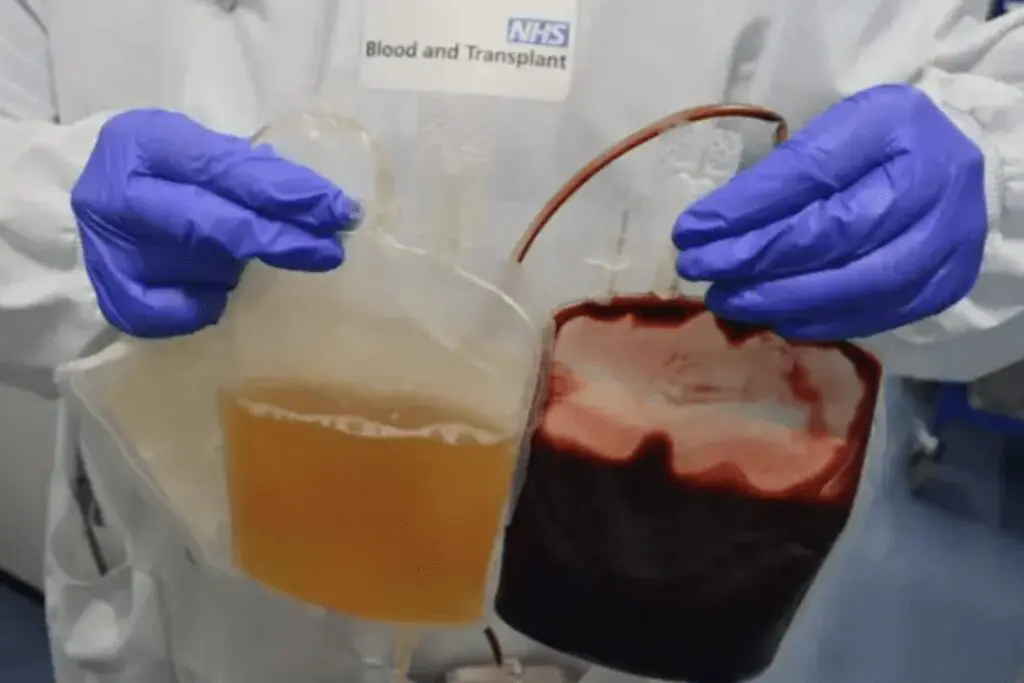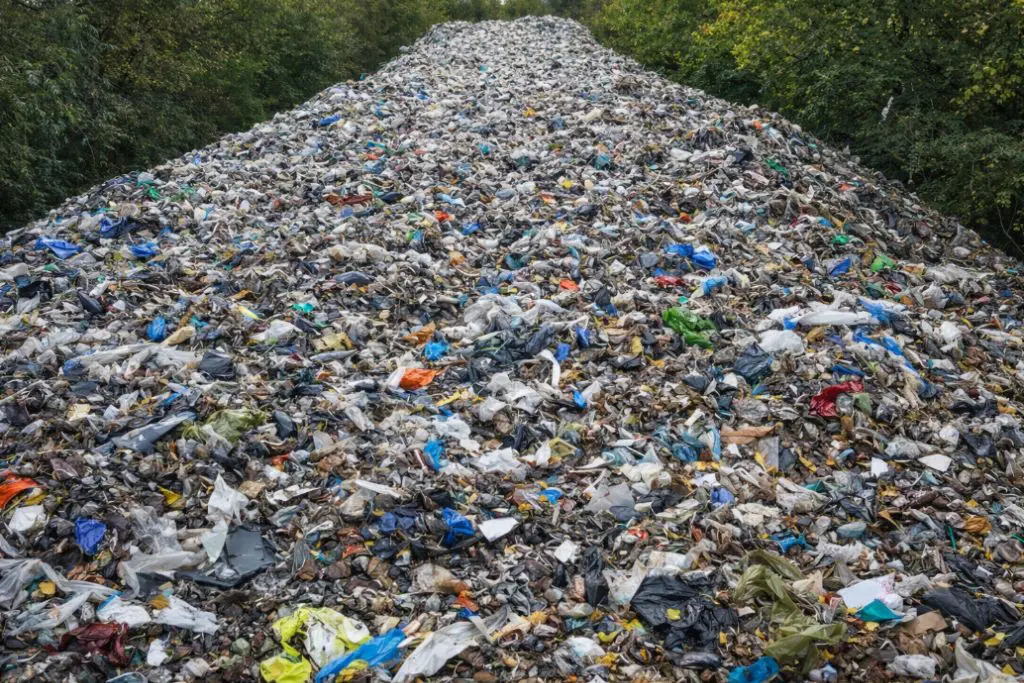Patients in Kent are among those benefiting from the UK’s decision to resume using domestically sourced blood plasma for life-saving treatments.

How Kent Patients Are Benefiting
NHS patients in Kent now receive immunoglobulin therapies derived from UK-donated plasma, following the lifting of a 1998 ban on the use of UK plasma in certain medicines. The ban, originally implemented due to concerns over variant Creutzfeldt-Jakob Disease (vCJD), was lifted in 2021 after the Medicines and Healthcare products Regulatory Agency (MHRA) reviewed safety data and approved its use.
More Secure Supply, Reduced Reliance on Imports
The return of UK-sourced plasma stabilizes the domestic supply of immunoglobulins, vital for patients with immune deficiencies and neurological conditions. Previously, the UK relied on imports, mainly from the United States. Now, the use of domestically sourced plasma reduces this dependency, ensuring a more consistent supply.
Around 17,000 patients in the UK rely on immunoglobulin therapies each year. NHS Blood and Transplant (NHSBT) has emphasized that increasing plasma donations will help secure supply and reduce reliance on international sources. The government has allocated funding to expand plasma collection, aiming for long-term self-sufficiency.
Addressing Safety Concerns
The ban on UK plasma was due to fears of vCJD transmission. However, after extensive research and safety advancements, the MHRA ruled UK plasma safe for immunoglobulin manufacturing, leading to the lifting of the ban. Stringent donor screening, advanced pathogen reduction techniques, and modern plasma fractionation processes now ensure the safety of UK plasma for medical use.
Kent Residents Can Contribute
While Kent does not have a designated plasma donor center, residents can still contribute by donating whole blood, which is used to separate plasma for treatments. NHSBT is launching campaigns to encourage plasma donations, especially from recovered patients with beneficial antibodies. Eligible donors can visit NHSBT’s website to find the nearest donation center.
NHS Self-Sufficiency Goals
NHSBT aims to achieve 30 to 35% self-sufficiency in immunoglobulin supply by 2031. Expanding collection and processing capabilities will help reduce reliance on imports and strengthen the domestic supply chain. This shift improves national health security and benefits patients by ensuring access to plasma-derived treatments without interruptions.
Economic and Logistical Benefits
The reintroduction of UK-sourced plasma improves the security of medical supply chains and reduces the cost of imports. Strengthening the UK’s plasma donation and processing capacity also enhances the pharmaceutical sector, improving the speed and adaptability of supply. The Department of Health and Social Care (DHSC) has emphasized that expanding domestic collection contributes to long-term sustainability.
Plasma Donation and Its Role
Plasma is the liquid component of blood that carries proteins, hormones, and waste products throughout the body. It is separated from whole blood and processed into treatments like immunoglobulins. Plasma donors can donate more frequently than whole blood donors, as plasma replenishes quickly. Donors must meet specific eligibility criteria, and NHSBT thoroughly screens donations before use.
Patients with conditions such as primary immunodeficiency, Guillain-Barré syndrome, and certain autoimmune disorders rely on immunoglobulin therapy. NHSBT is working to increase donor participation to meet the growing demand for plasma-derived treatments.
Strengthening the UK’s Medical Supply Chain
Expanding domestic plasma collection aligns the UK with global best practices. By building a robust domestic plasma supply, the NHS enhances its preparedness for emergencies and reduces reliance on global markets, ensuring consistent access to critical medicines.
Looking Ahead
The NHS continues to refine plasma collection and processing methods, with ongoing research aimed at improving treatment effectiveness. Government support and public participation remain essential to securing the UK’s plasma supply chain and ensuring long-term healthcare stability.
National Medical Director of NHS England, Sir Stephen Powis, said, “This landmark moment ensures patients relying on crucial plasma-derived medicines will always have access to the treatment they need.”
He added, “Thanks to NHS efforts, new plasma-derived products, owned from start to finish by the UK, will reduce our reliance on imported stock and boost the fortitude of hospital supplies.”
“Thousands of people with serious and potentially life-threatening conditions, including immunodeficiencies and neurological conditions, rely on these products. Strengthening the supply chain of plasma-derived treatments through UK donations will help NHS clinicians ensure these vital medicines are available for all who need them.”



